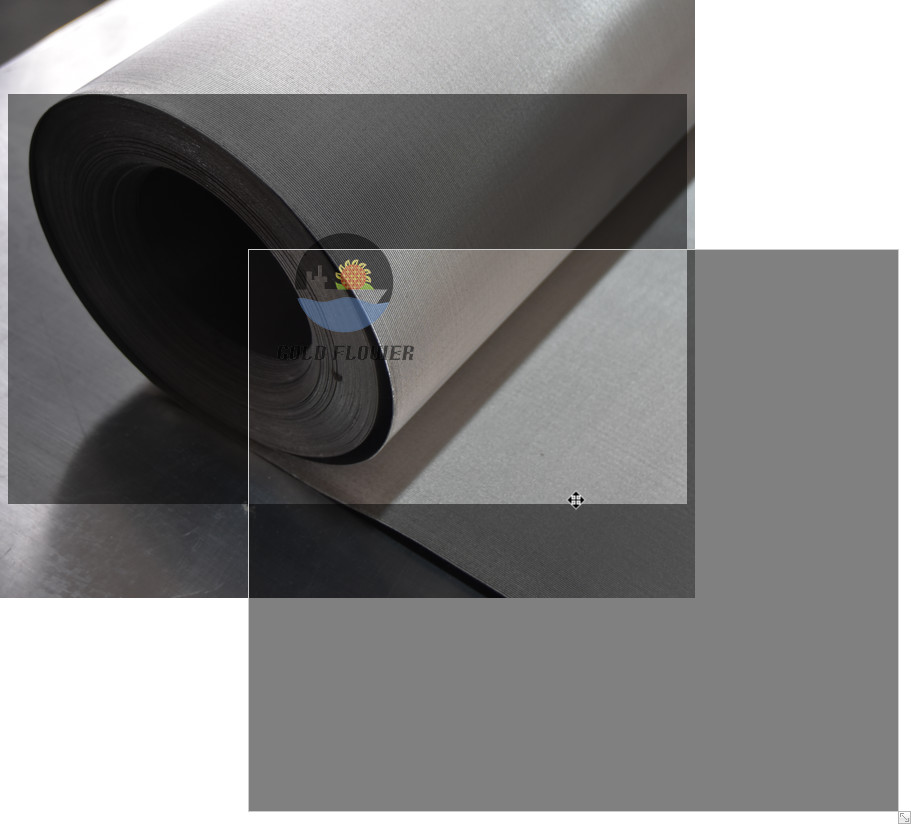Aug . 03, 2024 00:45 Back to list
CE Certified Stainless Steel Security Mesh for Enhanced Safety and Durability in Various Applications
Understanding CE Certification for Stainless Security Mesh
In today's world, where safety and security are paramount, the demand for high-quality materials, such as stainless security mesh, has significantly increased. One of the crucial factors that determine the reliability and safety of these products is their certification, particularly the CE (Conformité Européenne) certification. This article will explore what CE certification means for stainless security mesh, its importance, and how it affects industry standards.
What is CE Certification?
CE marking is a certification mark that indicates a product's conformity with European Union (EU) legislation. It signifies that the manufacturer has assessed the product and ensured it meets all the necessary health, safety, and environmental protection standards. For a product to bear the CE mark, it must comply with relevant EU directives or regulations applicable to that category of goods.
For stainless security mesh, obtaining CE certification typically involves rigorous testing and quality assessment to ensure that the mesh meets specific performance criteria. These criteria can include structural integrity, corrosion resistance, tensile strength, and other performance indicators tailored to its intended use.
Importance of CE Certification for Stainless Security Mesh
1. Quality Assurance CE certification serves as a hallmark of quality and reliability. It assures customers that the stainless security mesh they are purchasing adheres to stringent European standards, thereby reducing the risks associated with inferior products. This is particularly important in applications where safety is critical, such as construction sites, industrial facilities, and public infrastructures.
ce certification stainless security mesh

2. Market Access For manufacturers, CE certification is essential for accessing the European market. Many countries in the EU and the European Economic Area (EEA) require CE marking on various products before they can be sold and distributed. Without this certification, manufacturers risk losing potential markets and revenue.
3. Consumer Safety The primary aim of CE certification is to protect consumers. By ensuring that products meet specific safety standards, consumers can feel confident in their purchases. In the case of stainless security mesh, which might be used for outdoor applications such as fencing, security barriers, or even decorative purposes, the certification ensures that the product will withstand environmental stressors and continue to perform effectively over time.
4. Regulatory Compliance Compliance with CE certification is not merely a voluntary quality assurance process; it's often a legal requirement for products sold in the EU. This regulation helps maintain consistent safety and quality standards across different manufacturers, fostering fair competition in the market.
The Process of Achieving CE Certification
The journey towards obtaining CE certification for stainless security mesh involves several steps. Manufacturers must perform a conformity assessment, which includes testing and evaluating the product against relevant EU directives. This process may require external testing by certified bodies, known as Notified Bodies, that specialize in specific product categories. Once the product passes the necessary assessments, the manufacturer can affix the CE mark to the product, signifying compliance.
Conclusion
In conclusion, CE certification is a vital component of the stainless security mesh industry, guaranteeing product quality, safety, and compliance with European regulations. It provides manufacturers with market access and establishes a sense of trust among consumers. As industries increasingly prioritize safety and performance, CE certification remains an essential aspect of ensuring that stainless security mesh and similar products can reliably serve their intended purposes. Therefore, both manufacturers and customers should look for this certification as a benchmark of quality and safety in the marketplace.
share
-
Premium CE Certified Metal Fine Mesh for Precision & Safety
NewsAug.24,2025
-
Stainless Steel Wedge Wire Mesh: Durable, Precision Filtration
NewsAug.23,2025
-
CE Certified 250 Micron Stainless Steel Mesh for Precision Filtration
NewsAug.22,2025
-
CE Certified 250 Micron SS Mesh - Precision Filtration & Strength
NewsAug.21,2025
-
CE Certified Woven Wire Mesh Filters | Premium Filtration Solutions
NewsAug.19,2025
-
High-Performance Particle Filters: Optimal Mediums & Applications
NewsAug.18,2025

